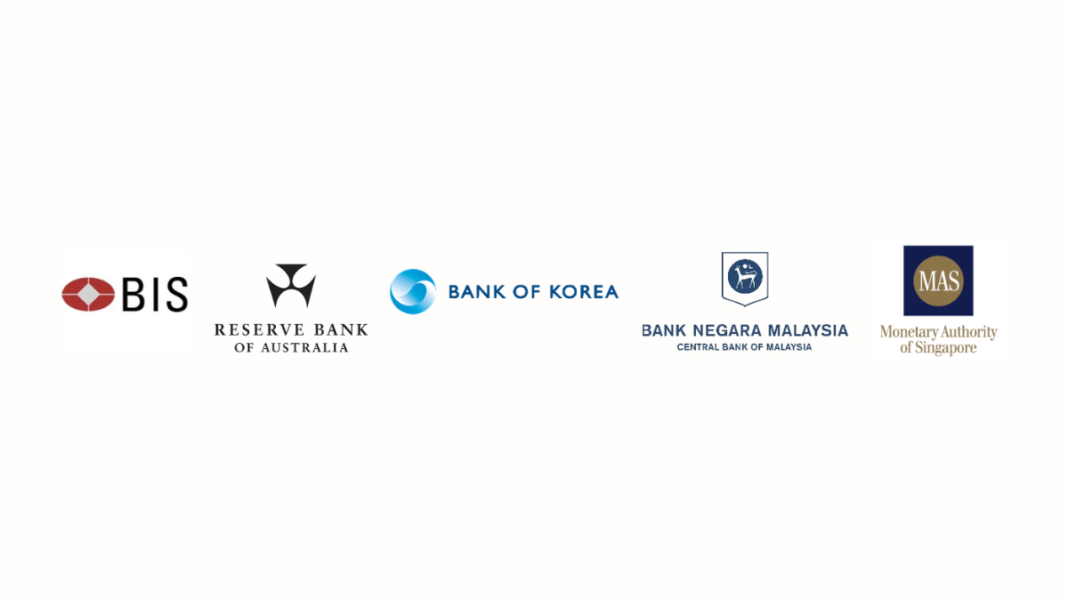BIS and central banks launch Project Mandala, integrating digital assets with traditional systems to enhance compliance and streamline cross-border transactions.
The Bank for International Settlements (BIS) has partnered with central banks from Singapore, Australia, South Korea, and Malaysia, marking a significant advancement in regulatory compliance for cross-border transactions. Through Project Mandala, they have shown that compliance measures can be embedded directly into transaction agreements. This innovative approach combines emerging digital asset settlement systems with traditional payment frameworks like SWIFT.
Project Mandala has entered the proof-of-concept phase. This development is well in line with the G20’s vision of improving the efficiency of international payments. Some benefits include lower costs and faster transactions with full compliance with the law. According to Maha El Dimachki, head of the BIS Innovation Hub Singapore Centre, Mandala also features a compliance-by-design model. Furthermore, this approach enhances cross-border payment systems without affecting privacy or regulation.
Stakeholders have described such early findings in optimistic terms. Sopnendu Mohanty, the Chief FinTech Officer of the MAS, said that integration is crucial for enabling easy cross-border transactions. Further, he underlined the inclusion of programmable compliance into payments and demonstrated how it is designed within the project.
New Project Integrates Compliance into Digital Asset Systems
The global financial system requires compliance with different standards to be safe. However, dealing with different regulations means the cost is high, and the transaction time is also slow. To overcome these challenges, Project Mandala has sought to automate compliance processes. In addition, it improves accuracy regarding the rules of a particular country, as well as reporting and real-time monitoring for regulators.
In its essence, Project Mandala has designed a decentralized model that integrates compliance into a network of financial institutions and central banks. This system has a peer-to-peer messaging system, rules, and a proof engine. This way, any payment instruction is made after all compliance checks have been cleared. Most importantly, this proof can be provided without disclosing the customer’s identity of digital settlement assets.
In addition, the project defined and explained technical feasibility through two use case scenarios. The first was cross-border lending between Singapore and Malaysia, where Mandala micro-sourced compliance for capital flow management and sanctions screening. The second case was based on cross-border financing of capital investments between South Korea and Australia, where the reporting process was automated.
Moreover, Mandala can seamlessly operate within a new generation of digital asset systems, such as wholesale central bank digital currencies, and legacy systems, such as SWIFT. This dual integration enhances its versatility. As a result, it supports both future digital asset ecosystems and existing financial infrastructures. By embedding programmable compliance into smart contracts, Mandala is poised to redefine the landscape of cross-border transactions.



